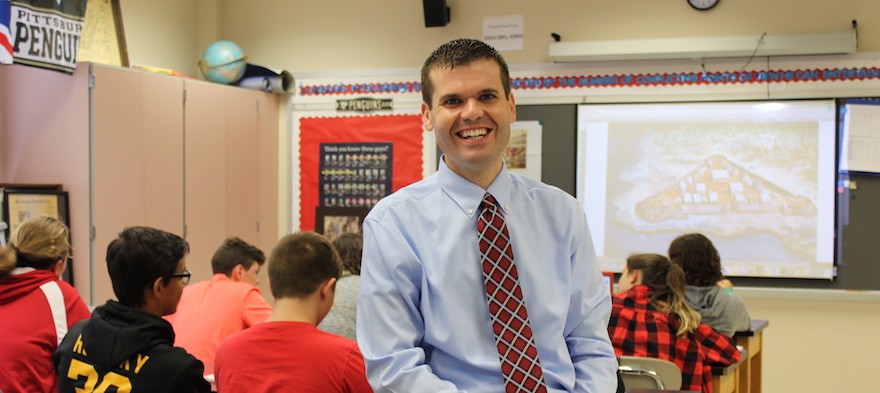
Nov 15, 2018 12:00:00 AM
by Joseph Welch
Joseph Welch was recently named The Gilder Lehrman Institute of American History’s 2018 National History Teacher of the Year and, at 33, is the youngest winner to date. An eighth grade social studies teacher at North Hills Middle School in Pittsburgh, Welch has also been the curriculum chair and project advisor for Project Connect, a sponsor of the National History Day Program for Regional Students and the director of North Hills Middle School’s D.C. Trip Program.
Few issues in education spark more tension and debate than standardized testing. Are they a tool for equity or a burden on students? A necessary check on school systems or a flawed measure of...
Charter schools are public schools with a purpose. Operating independently from traditional school districts, they're tuition-free, open to all students, and publicly funded—but with more flexibility...
Despite the benefits of a diverse teaching force, prospective teachers of color fall out of our leaky preparation pipeline at every stage: preparation, hiring, induction, and retention. Here’s what...
Ed Post is the flagship website platform of brightbeam, a 501(c3) network of education activists and influencers demanding a better education and a brighter future for every child.
© 2020-2025 brightbeam. All rights reserved.
Leave a Comment